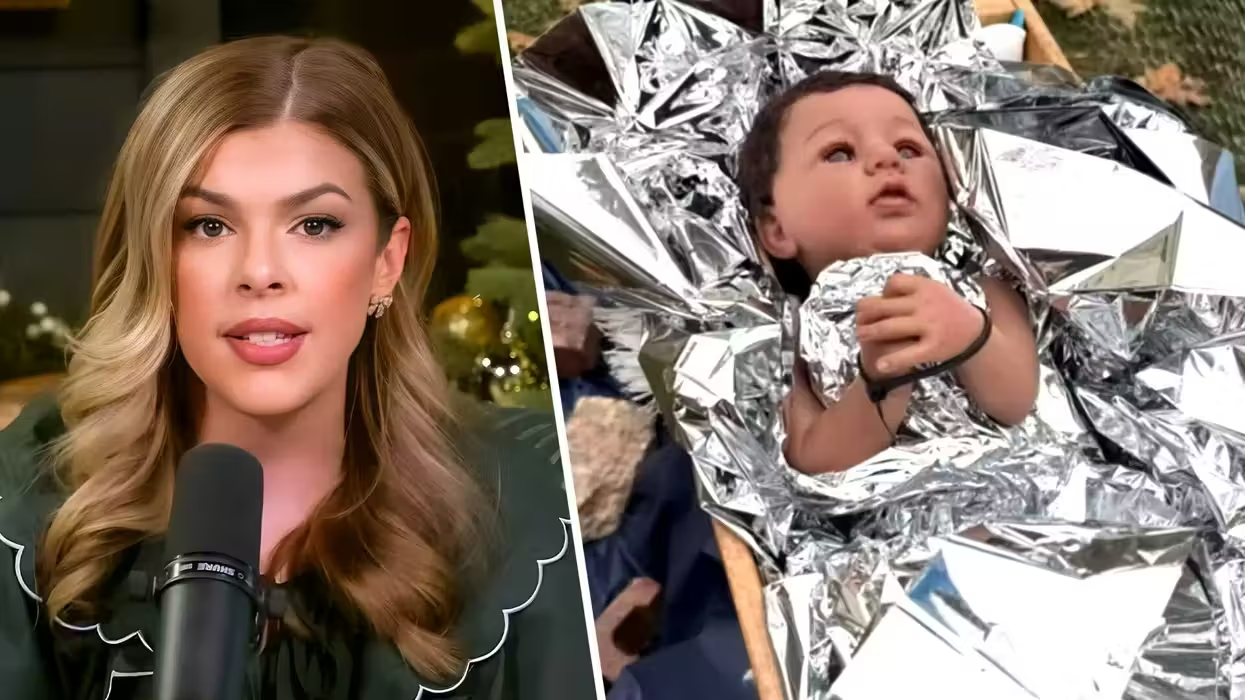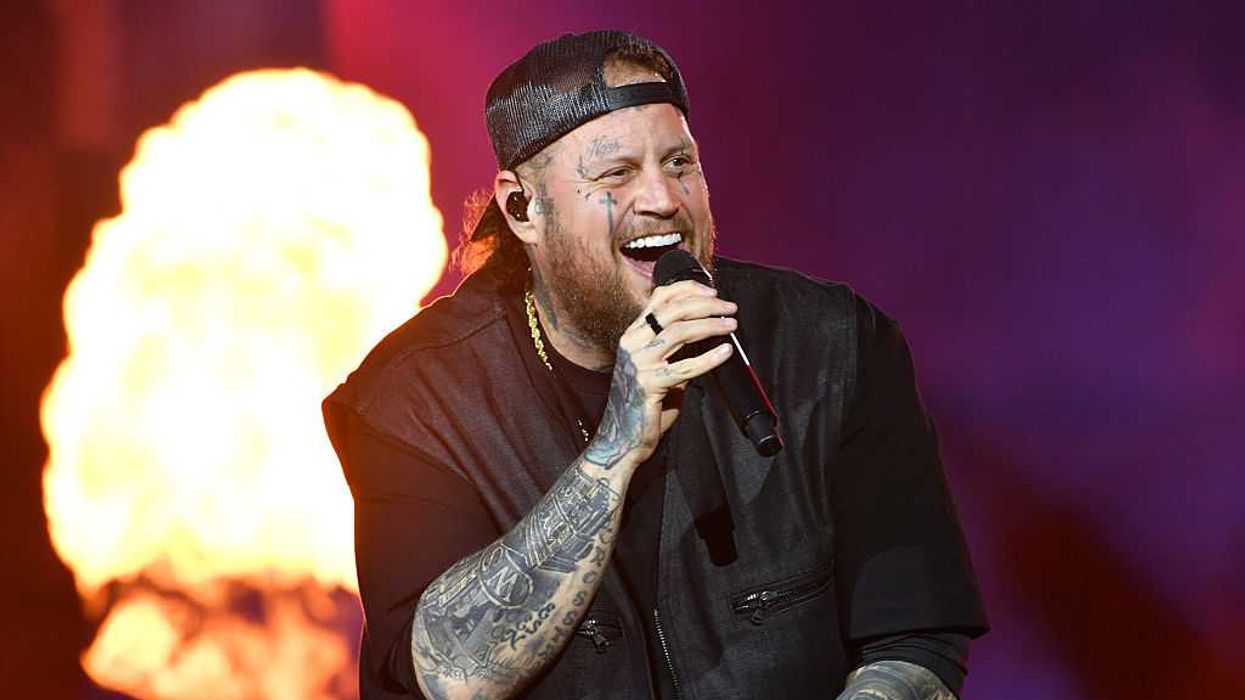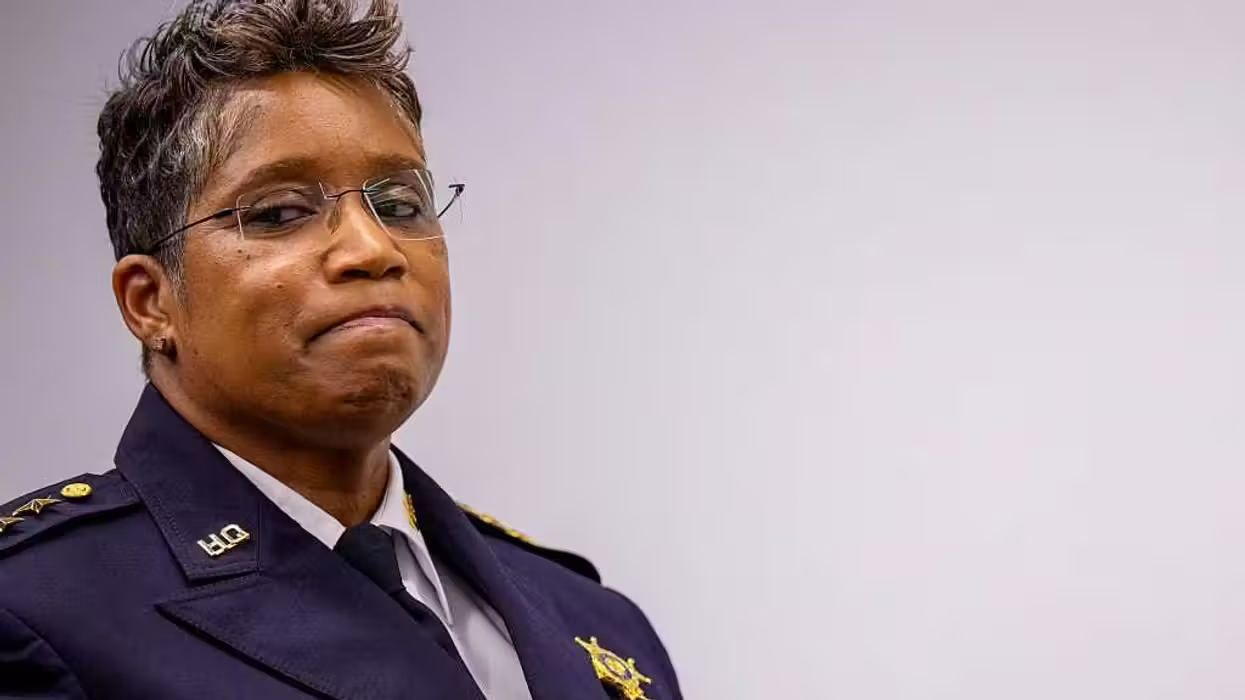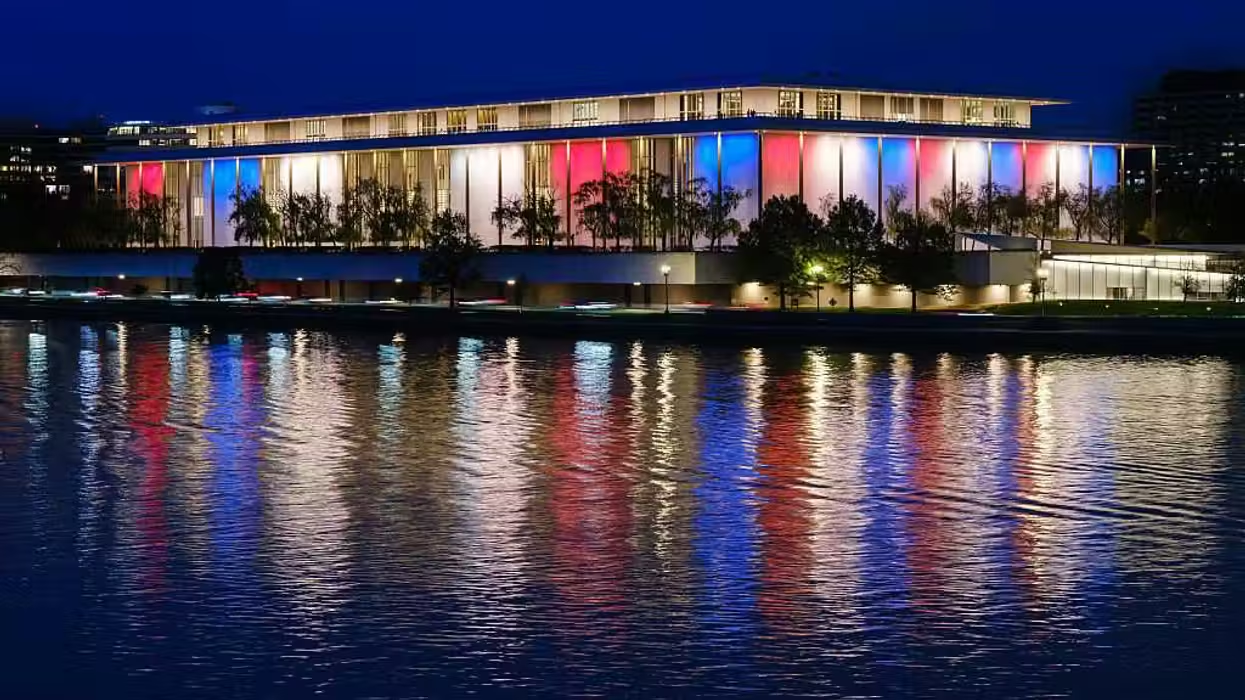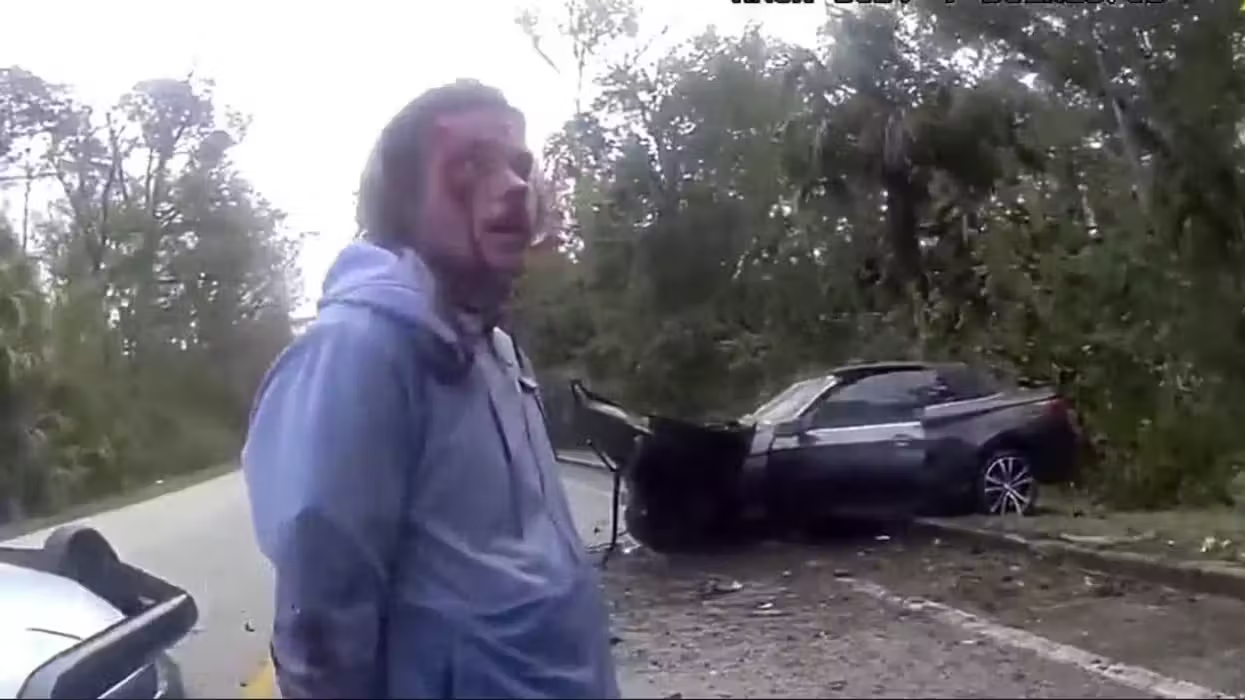The National Archives released more than 2,800 previously unseen documents on Thursday related to President John F. Kennedy's assassination on Nov. 22, 1963.
The collection includes notes, interviews, photos and video clips from the nearly yearlong investigation by the Warren Commission. More than 300 files are still being held after last-minute requests from national security agencies urged President Donald Trump to keep some files confidential.
It also reveals that then FBI Director J. Edgar Hoover was firm in his stance that Lee Harvey Oswald was the lone shooter in the president's assassination, NBC News reported. The Warren Commission in 1964 concluded that Oswald acted alone.
Hoover often stated he had not seen "any scintilla of evidence" to believe there was a conspiracy according to the 1964 Warren Commission Report, according to NBC News.
"There is nothing further on the Oswald case except that he is dead," he wrote in a memo Nov. 24, 1963, the day after nightclub owner Jack Rubenstein, also known as Jack Ruby, shot and killed Oswald while he was being transported to the Dallas County Jail.
NBC News said the memo isn't clear about whether Hoover suspected a possible conspiracy and didn't want it known or if he believed Oswald truly was the lone shooter and he wanted to squelch public fear and confusion.
"The thing I am concerned about, and so is Mr. [Nicholas] Katzenbach, is having something issued so we can convince the public that Oswald is the real assassin," Hoover dictated.
Katzenbach, the deputy attorney general at the time shared Hoover's concern. In previous released documents, Katzenbach on Nov. 25, 1963 wrote in a memo that "the public must be satisfied that Oswald was the assassin; that he did not have confederates who are still at large; and that evidence was such that he would have been convicted at trial."
What else do the documents reveal?
• A British newspaper reporter received an anonymous "big news" tip about 25 minutes before the assassination of the president, BBC News reported.
The caller told an unnamed Cambridge News reporter he should call the American Embassy in London for "some big news and then hung up,” reads the document from former CIA Deputy Director James Angleton.
• Also in Hoover's memo dated Nov. 24, 1963, it was revealed that Dallas officials were warned about threats to Oswald's life the night before he was killed.
"Last night, we received a call in our Dallas office from a man ... in a calm voice and saying he was a member of a committee organized to kill Oswald."
"We at once notified the chief of police and he assured us Oswald would be given sufficient protection. This morning we called the chief of police again warning of the possibility of some effort against Oswald and he again assured us adequate protection would be given. However, this was not done."
Hoover's suspicions that Ruby was an "underworld" figure "with the reputation of being a homosexual" is cited in the document.
• CBS News reported that documents showed that Ruby was on the FBI's radar more than a year before he killed Oswald.
"The first time a surveillance that either monitored, overheard, or made a mention of Rubenstein was August 6, 1962. The FBI decided to review any records related to that surveillance." Ruby killed Oswald on Nov. 24, 1963, as Oswald was being transported to Dallas County Jail.
• In 1962, the Kennedy administration "proposed creating a bounty system that would pay Cubans for killing communists and that valued Castro's life at just 2 cents," The Hill reported. Officials planned to drop leaflets over Cuba offering rewards from two cents to $1 million for communist leaders.
"One final leaflet may be deemed advisable and that one announcing a 0.02 ¢ reward for the delivery of Castro," the memo said.
• An "intermediary had been hired by CIA" to consult mobster Sam Giancana about hiring a gunman for $150,000 to kill Castro in Cuba, according to Robert Kennedy in an FBI memo in 1975.
"The memo," according to The Hill, "is part of an 83-page report that also said the CIA considered delivering a poison pill to kill Castro."



